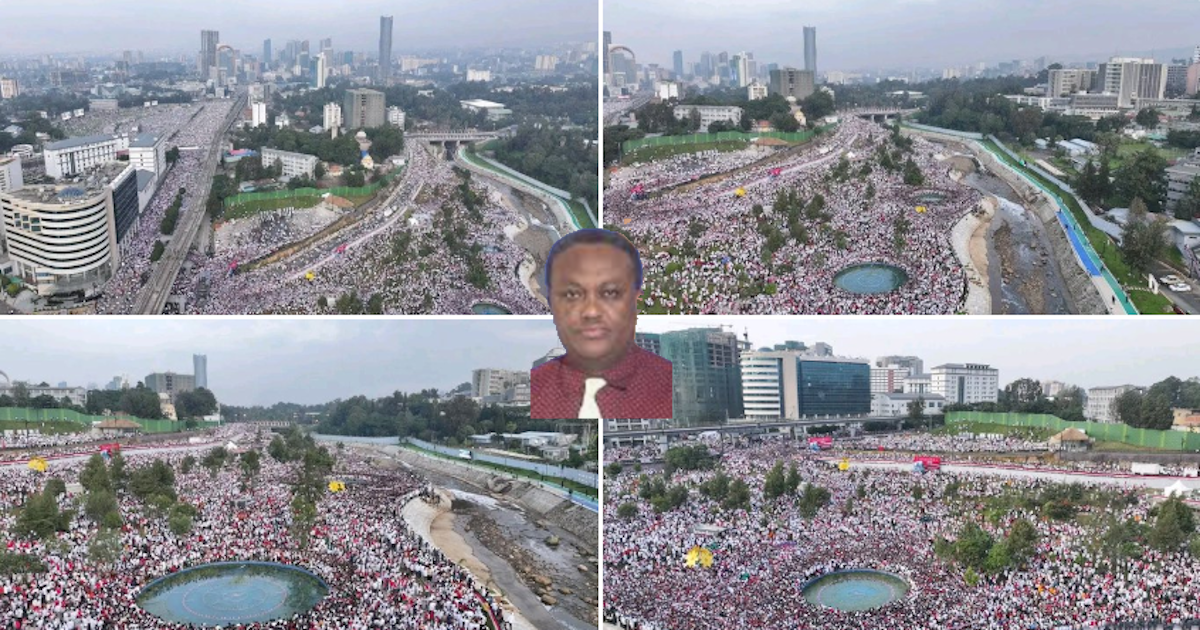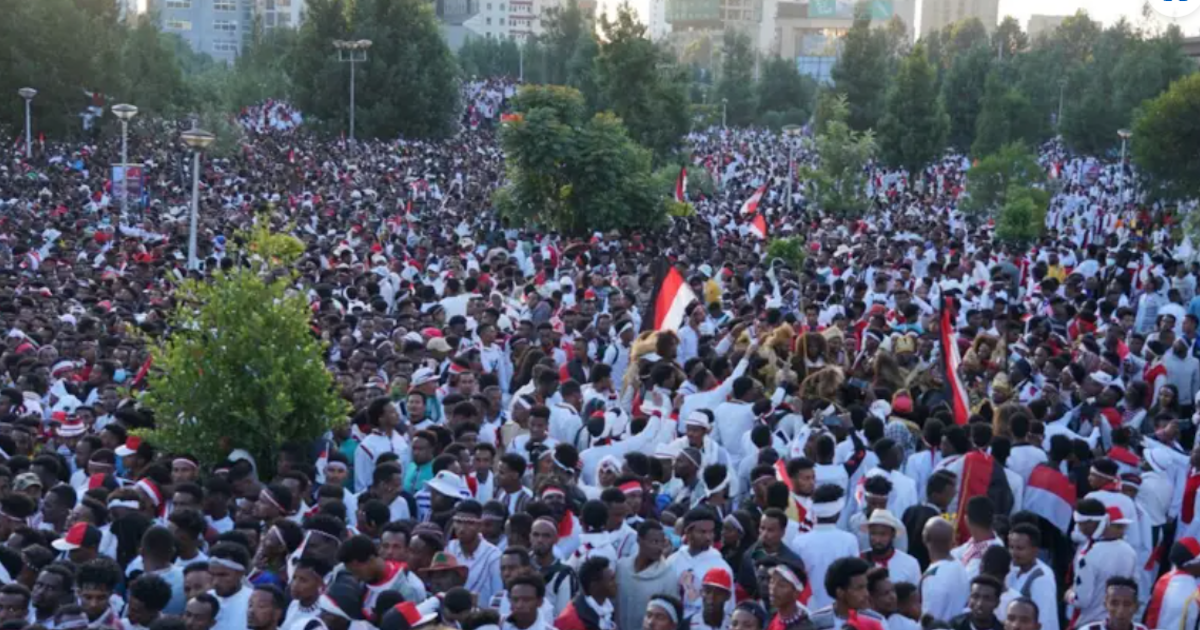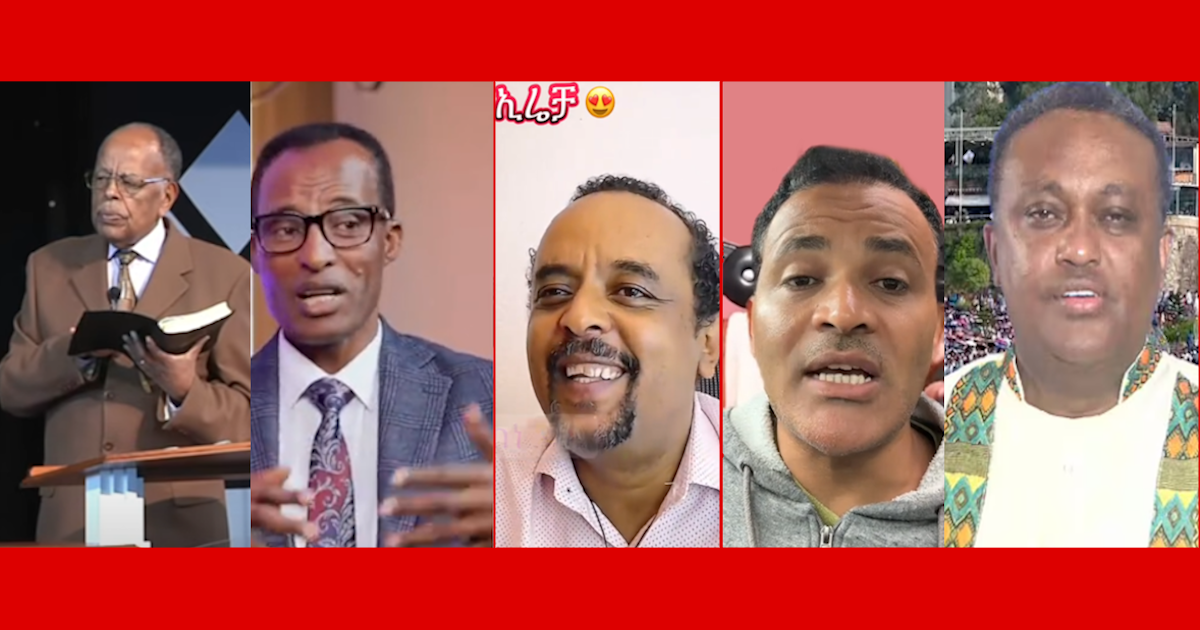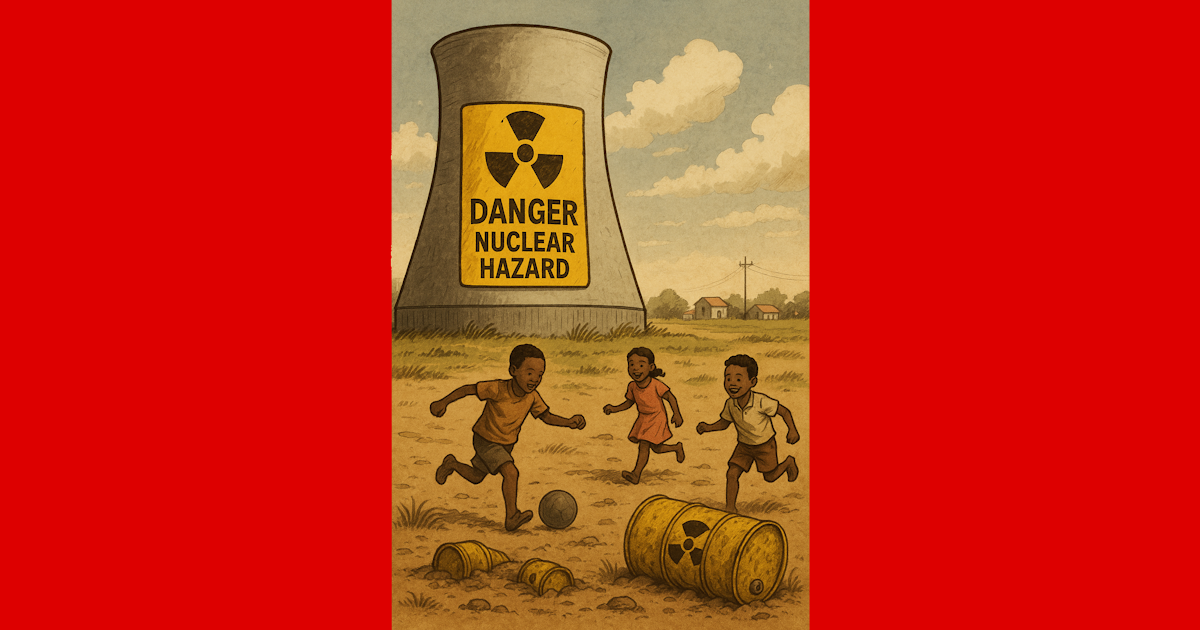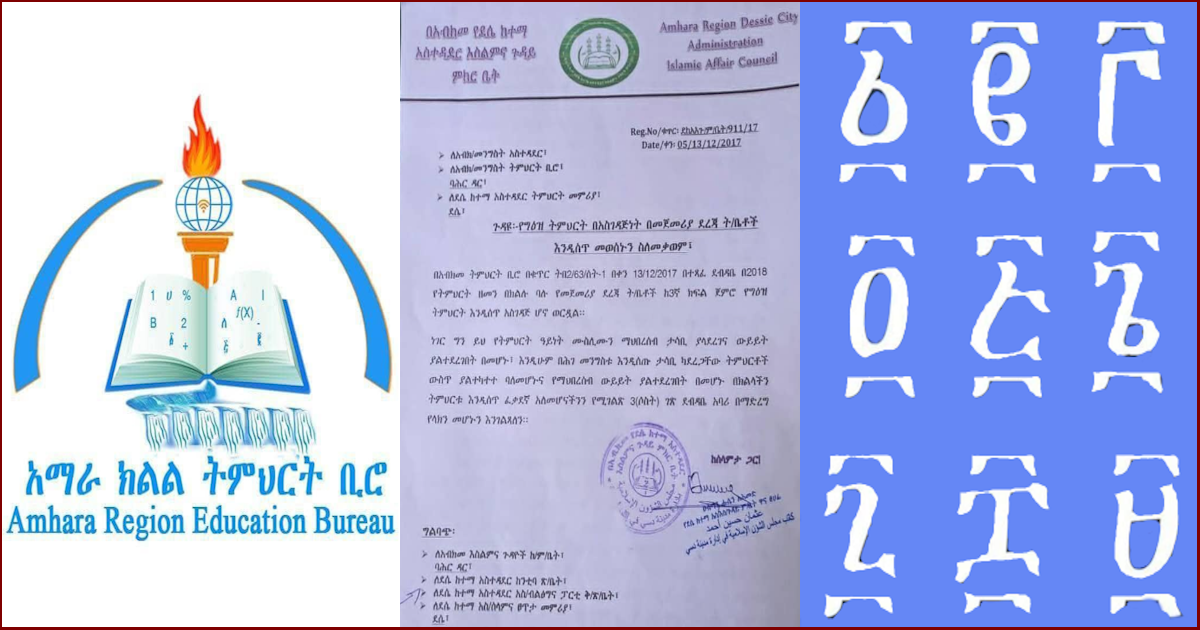A Time Bomb Buried in Oromia and Somali Regions The Dangerous Games of Ethiopia's Prosperity Party Regime
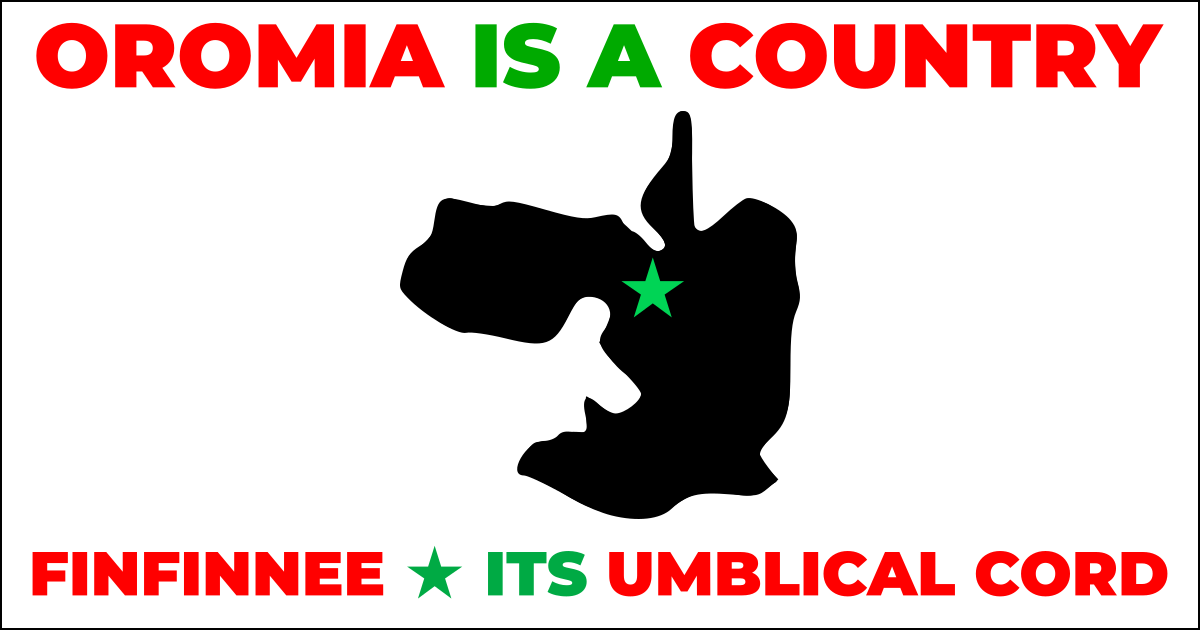
Excerpt
The Prosperity Party regime is playing a reckless game, redrawing boundaries and fuelling discord between Oromo and Somali peoples. History teaches us that injustice planted today never stays buried—it grows into resistance. Only the wisdom of brotherly nations, a united diaspora, and responsible foreign actors can defuse this potential time bomb before it explodes.
There are moments in history when silence itself becomes a crime. Ethiopia today is in such a moment. What the federal Prosperity Party (PP) regime and its regional affiliates in Oromia and Somali regions are engineering is nothing short of a slow-motion catastrophe—a potential time bomb buried beneath the soil of Oromia and Somali that, if left unchecked, may one day explode with consequences too grave to contain.
The only hope is that this catastrophe, deliberately scripted by mindless politicians intoxicated with power, will be defused not by more violence but by the wisdom of brotherly nations who have shared marriages, pastures, markets, and memories, and who must now draw on their common heritage to rise above the poisonous games of the rulers.
The playbook is old but deadly familiar. The EPRDF wielded it for decades, and the PP has adopted it with alarming precision: carving Oromia’s land, redrawing boundaries, and planting interethnic discord as if human beings were mere counters in a political board game. The time bomb was indeed planted long ago.
The recent unilateral reassignment of Moyale and its environs to the Somali region by its parliament, the forced seizure of part of Gurradhaamolee in Baalee zone, and the quiet, unreported transfer of other Oromia territories to the same region are not accidents—they are calculated political acts. Each move adds fuel to the fire, making the potential time bomb ever deadlier.
For PP politicians, and especially for their Dear Leader, such manoeuvres are designed to create crisis dependency. They have perfected what the EPRDF once taught: thriving on crisis to cultivate a perception of indispensability. The Leader operates on the narrative that “only I can fix it,” wielding it as a potent tool to maintain control and cling to power.
On the ground, Somali regional police and security forces now act far beyond their jurisdiction with utter impunity, emboldened by approval from the very top. One disturbing example is the unlawful deployment of Somali regional police in the city of Dire Dawa, as though the city itself were under Somali regional administration.
In that same city, an Oromo woman, Nasiya Ziyad—a six-month pregnant mother of two—was shot dead in her own home this past July by Somali region special forces. Those sworn to protect her did nothing: neither preventing her killing nor bringing the perpetrators to justice, all amid the sick cross-regional political games deliberately engineered by the PP regime. It reads like a scripted thriller, yet the victims are not characters—they are real people, bleeding and dying as the cameras of power look away. How long can such cruelty masquerade as governance?
The Oromo and Somali peoples share deeper natural bonds, historical ties, and cultural affinities that call them toward unity—bonds far stronger than the artificial manoeuvres of politicians who seek to divide them for short-sighted gain.
The silence of Prime Minister Abiy Ahmed and regional president Shimelis Abdissa is deafening. Injustice on this scale cannot proceed without their blessing. More grotesque still was Ethiopia’s embassy in Nairobi, congratulating the Somali region for “acquiring” land from Oromia as though it were a celebratory trade deal. This is not diplomacy—it is mockery. If it were fiction, one might coin the term “PoliFiction,” a parallel to science fiction or SciFiction, to capture the absurdity. But this is no screenplay. It is lived reality for Oromo families in their thousands uprooted, dispossessed, and terrorised while those in power celebrate elsewhere.
Oromo generations will not accept mutilation of their homeland as a settled fact.
In 2018, when Abiy Ahmed took the helm, the Oromo people anticipated healing. They expected the wounds inflicted by the EPRDF—territorial dispossession, political exclusion, deliberate instability—to be mended. Instead, the PP regime chose continuity, and worse: multiplying injustice rather than correcting it. Boundaries that should have been restored have become weapons. Tensions that should have been eased have been sharpened. For this regime, the suffering of peoples is an acceptable price if it buys another year in power or delays the day of reckoning before an international tribunal for crimes committed in Oromia, Tigray, and Amhara, now creeping toward the Somali region, courtesy of PP regime “governance”.
The architects of this dangerous gamble are not faceless. Abiy Ahmed, Shimelis Abdissa, Mustafa Mohammed Omar, Ahmed Shide, Adem Farah, Kedir Juhar, and their junior collaborators with the PP badge are all complicit. Their wager is simple: sow discord to divide, weaken, and distract. Yet history has shown time and again that seeds of betrayal never lie dormant—they germinate into resistance.
It is vital to underline that the Oromo nation is, at its heart, peace-loving. For generations, Oromos and their neighbours have coexisted, intermingling through shared livelihoods, seasonal pastures, and bonds of kinship. Opportunist politicians cannot erase that history of coexistence. The discord they incite does not reflect the will of the people. The Oromo know that their true inheritance is peace, and their future lies in solidarity. With that spirit, they must reject and distance themselves from the crimes, lies, and manipulations being carried out in their name.
Likewise, the Somali people—whose own history is steeped in resilience and communal life—must exercise their wisdom in rejecting the false victories and poisonous manoeuvres of intoxicated politicians. Land acquired through political deceit is no triumph; it is a trap that sows hostility among brotherly nations who have every reason to walk together in peace. True honour lies not in exploiting a neighbour’s wound, but in standing shoulder to shoulder to heal it. The Oromo and Somali peoples share deeper natural bonds, historical ties, and cultural affinities that call them toward unity—bonds far stronger than the artificial manoeuvres of politicians who seek to divide them for short-sighted gain.
But the regime miscalculates if it thinks these wounds will be permanent. Oromo generations will not accept mutilation of their homeland as a settled fact. Justice may be delayed, but it will not be denied. The corrections will come—through struggle, through perseverance, through the insistence of justice-loving peoples who refuse to surrender their dignity.
Yet correction does not have to wait for history’s long arc. Action is needed now. The Oromo diaspora must rise above despair and factionalism, and use its voice, networks, and resources to expose these crimes in every international forum. Their advocacy must pierce the regime’s propaganda and speak directly to global consciences. Silence abroad is complicity at home.
Foreign governments, too, cannot wash their hands. Ethiopia’s rulers thrive on external indulgence—aid packages, polite summits, and empty words that paper over crimes. If the world turns away today, it will share responsibility tomorrow when the consequences spill across the Horn of Africa. To avert that, international actors must move beyond platitudes and hold the regime accountable for sowing instability in a fragile region of Horn of Africa. And just as the Oromo and Somali peoples are called upon to rise above the schemes of their rulers, so too must the international community rise above the convenience of short-term politics to defend long-term peace.
The PP may believe its grip on power is eternal. Its multi-billion birr budget for their digital army, and its lavish spending on closed-door party conferences in luxury hotels strategizing survival, are meant to project strength while millions of ordinary citizens go hungry or even take their own lives under the unbearable cost of living. Yet such extravagance does nothing to secure its political survival.
History shows that power built on blood, lies, and dispossession is fragile. The potential time bomb the regime is burying in Oromia and Somali regions today may yet be defused—through justice, solidarity, and wisdom. But if ignored, when it explodes, it will not discriminate between those who planted it and those who failed to stop it.
Selected References
- OT Editorial, The Sinister Dirty Game of the PP Regime with Moyale, 5 August 2025, OROMIA TODAY.
- OT Editorial, 10 Compelling Reasons Shimelis Abdissa Is Not Effectively Governing Oromia, 30 July 2025, OROMIA TODAY.
- Olii Boran, Leading by Chaos, Not Competence, 4 December 2024, OROMIA TODAY.
- OT Editorial, The Oromo – An Egalitarian Nation Whose Culture Defines Freedom, Justice, and Peace, 8 February 2025, OROMIA TODAY.
- Elemoo Qilxuu, ETHIOPIA WILL NEVER BE AT PEACE WITHOUT RESOLVING THE OROMO QUESTIONS, 2 December 2024, OROMIA TODAY.
- Dire Dawa Civic Organization (DDCO) Press Release, Continued Silence on the Killing of Nasiya Ziyad Ali and Armed Incursion by Somali Regional Police in Dire Dawa, 28 August 2025.
- Samiha Osman, Dire Dawa: Misrepresentations, Federal Silence, and Looming Ethnic Conflict, 12 July 2025, Dire Dawa Post.

